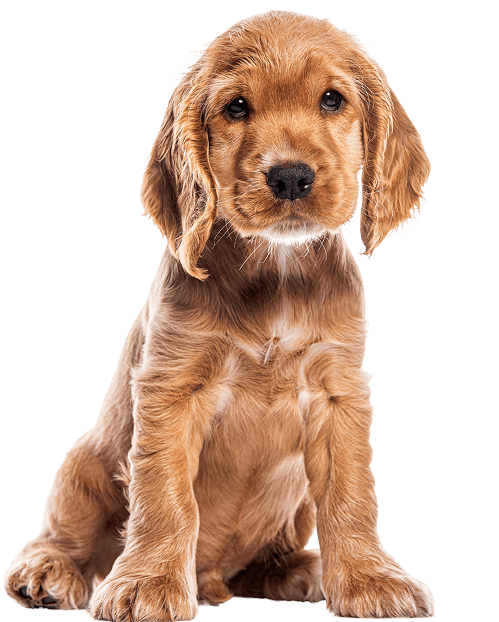
Training a dog to be house-trained at any age is relatively simple—it only requires patience, consistency, and a basic understanding of canine behavior. According to expert dog trainer David Levin, the key to preventing indoor accidents is to act promptly. If your dog begins to urinate indoors, immediately take them outside. Eventually, they’ll learn to restrain themselves.
While waiting for the rain to stop or circumstances to improve, it’s best to keep your dog outdoors as much as possible and have an enzymatic cleaner ready for any inevitable accidents.
1. Maintain a Consistent Bathroom Routine
Dogs thrive on routine—especially puppies. A good rule of thumb: a puppy can hold their bladder for one hour per month of age. So, a two-month-old may need a bathroom break every two hours.
Key tips:
- Take your dog out first thing in the morning
- Let them relieve themselves after eating or drinking
- Provide breaks during or after playtime
- Apply the “hours per age” rule even at night
Establishing this early builds predictability and helps prevent accidents.
2. Provide a Designated Potty Spot
Whether it’s a tree on your walking route or a corner of your backyard, choose a specific place where your dog can relieve themselves. This consistency builds familiarity and confidence.
Pro Tip: Ensure your dog has regular access to this spot, whether you’re training indoors or outdoors.
3. Spend Quality Time with Your Dog
Bringing home a new pet is exciting—but it’s also a big transition for your dog. They may feel anxious, curious, or confused in a new environment. Spending time together helps them adjust and builds trust.
This bonding also:
- Increases responsiveness to training
- Helps reinforce outdoor potty habits
- Builds a strong emotional connection between you and your pet
4. Embrace the Crate
When untrained dogs roam freely, accidents happen. A crate is a safe, comfortable place that can:
- Help prevent unwanted behavior
- Provide a secure den-like space
- Be a valuable tool for potty training
Dogs instinctively enjoy small, enclosed spaces—when introduced positively, a crate becomes a cozy haven, not a punishment. Avoid sending your dog to the crate in anger to maintain positive associations.
5. Understand Your Dog’s Bathroom Behavior
Before diving into potty training, it’s essential to understand why dogs behave the way they do.
A Dog’s Natural Instincts:
- Dogs mark territory with urine, communicating with other animals.
- Their incredible sense of smell means sniffing before pottying is a meaningful process—not just pickiness.
Fun Fact: A dog’s nose is up to 100,000 times more sensitive than ours!
Tips for Success
- Keep a potty log: Note feeding, drinking, and potty times.
- Set regular reminders for bathroom breaks.
- Follow a strict feeding schedule—avoid free-feeding.
- Use positive reinforcement: Offer praise or treats for successful pottying.
Final Thoughts
House-training your dog, whether a puppy or adult, requires dedication and patience. Stick to a schedule, watch for cues, and celebrate successes—even the small ones. With time, your dog will understand exactly where to go, forming habits that last a lifetime.


One Response